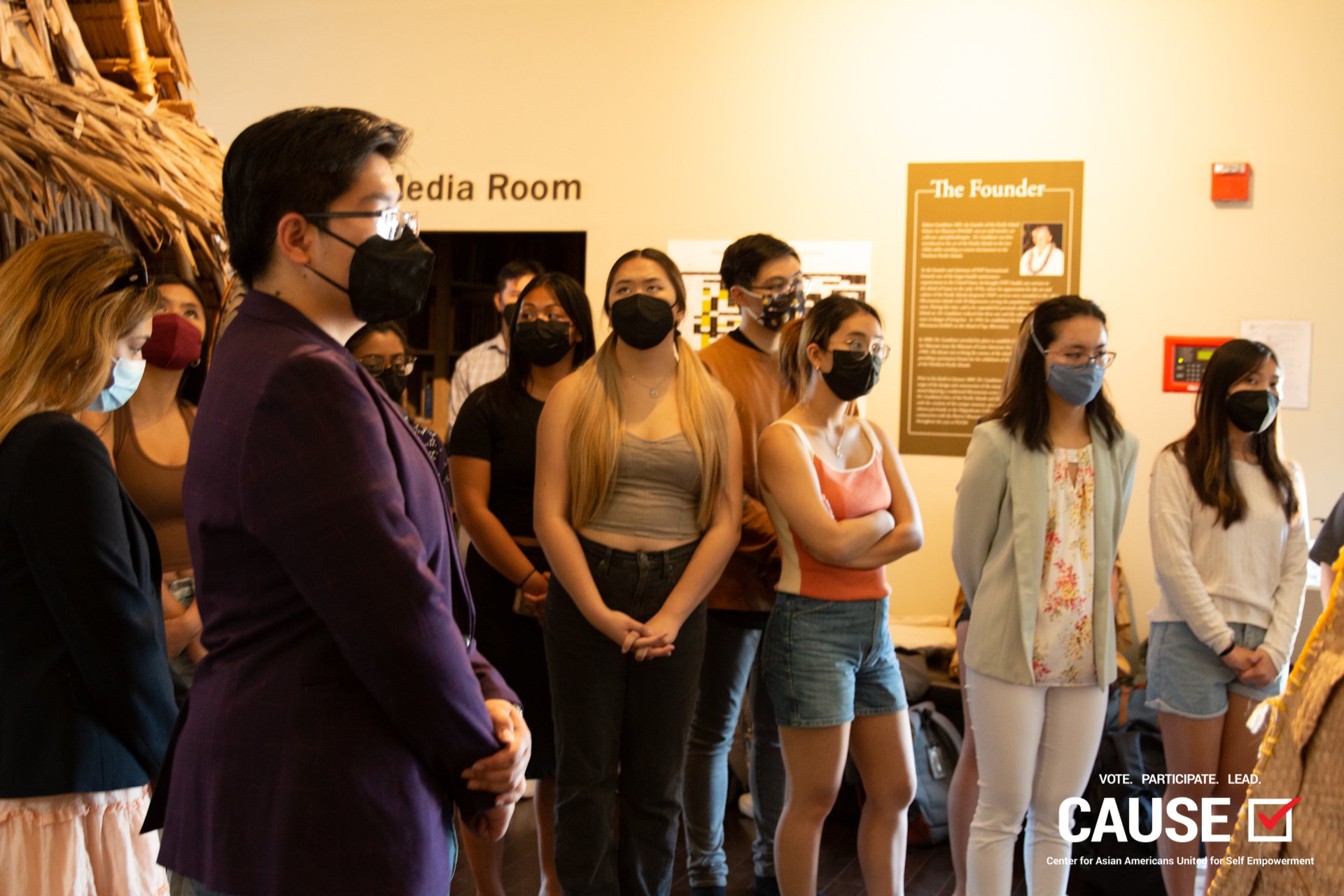Growing up in a developing country, I understand how essential it is to be well-educated on societal context, especially the financial construct that determines the livelihood of the people and their access to sustainable quality of life. Socioeconomic condition is debatably a powerful tool that greatly influences one’s decision making, career, education and even passion. It is a cold, emotionless instrument that sets limitations on the freedom of many, forcing people to bid their fates and shape life-choices in exchange for the financial stability of themselves and their family. I grew up witnessing and listening to stories of people sacrificing their ideal life, such as giving up the academic field they are passionate about or the career path they really love, due to the hardships facing financial struggles existing in their lives or the ones they care about. This reality shows a bitter truth of how societies have laid their foundation excessively on economic values, using a financial instrument, i.e money, as the focal point of access and freedom.
After weeks of learning and listening to experienced leaders in both the political field and private businesses, it has become even more unblemished that financial instruments are deeply rooted in most, if not all, aspects of human lives. To run for an office and enforce great societal changes begins with having enough capital to initiate the campaign. It is realistically sad that having ideas and commitments alone, without the dollar sign in the equation, is no longer practical enough to accomplish the changes one might envision. The world has embedded money as a central incentive measure- the key to accessing the services, products and resources available- a mega social construct that superficially forces the need to accumulate it in order to gain access to live.
To understand how money works is critical; although this instrument is often abused and utilized in favor of harmful causes, it is still a powerful tool that can be used to establish enormous goods. Such societal advantages like universal basic needs- education, housing and healthcare- are achievable through strategically and intellectually using this instrument to lift the barriers and spread the access. For this to happen, it is necessary to have good and ethical people significantly outnumbering the bad ones in all financial fields so that the norm of using this instrument is shifted toward maximizing universal interests instead of personal means. This is a bold and challenging accomplishment as money is often seen as the main device of deleterious acts and is usually disregarded among communities of righteous people. However, it is important to note that the terrible acts in existence are executed by unethical people who use their intellect and financial power in pursuit of unethical things. If there are no good people to step in and intellectually combat them to claim that power of the instrument, it will forever be abused and utilized for personal desires while everlastingly producing social impairments. The financial instrument will realistically forever exist, no matter what form it will take, either in a commodity, currency or a decentralized feature. It stands throughout every reward-motivated world as an incentive to initiate growth. The question will remain whether it falls in the hands of good or bad communities to take charge of spreading or restricting universal access to all people.

